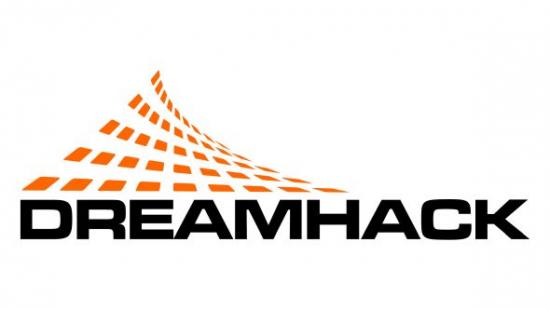Update September 7, 2017: Dreamhack have now joined ESL in stopping the Valve-made lifetime ban of players caught matchfixing.
The unbanning still doesn’t affect Valve-sponsored tournaments, as Valve’s ban supercedes the new rules, but is a push in that direction.
If you like CS:GO, you might enjoy our list of the best FPS games on PC.
In a statement on their website yesterday, Dreamhack aligned themselves with the ESIC, essentially ESL’s rules governing body, in following the same procedures. It was an expected move, though came a couple of months later than many were expecting.
Exactly how it affects the possibilities for the ex-iBUYPOWER members and others is unclear. They thusfar haven’t made a splash on the scene, at least in part because most of the largest tournaments are sponsored by Valve, who have left their ban in place. There’s been no word on a plan to rescind, and it isn’t expected.
Other major tournament organisers Faceit and Eleague also still have the lifetime bans in place. Were they to lift it, it’s very possible a minor-only team would be able to make a splash in CSGO, but it’s unlikely they would be able to find significant sponsorship when still banned from the highest level of competition.
Original story July 24, 2017:One of the largest esports tournament organisers in the world have lifted some lifetime bans on teams accused of cheating and match fixing. The bans, imposed by Valve, were followed by every tournament organiser, but ESL are the first to go back on them, following outcry from the CS:GO community.
One of the teams affected by the lifetime ban, iBUYPOWER, was caught match fixing in 2015 and were promptly banned by Valve.
The ban stopped the highly-regarded team from attending premier CS:GO tournaments. Some of the players hit with the ban are considered among the top talent in the game.
The lifting of the bans follows a survey created by the Esports Integrity Coalition (ESIC). “Esports is primarily about the community around each game – the players, fans and teams that participate and watch – and it was entirely appropriate for us to consult those communities about how its cheats and frauds should be punished,” ESIC integrity commissioner Ian Smith explains. “Following the conclusion of the survey, I am very thankful to the community for their enthusiastic participation; particularly the CS:GO community, who responded in their thousands.”
The main debate around the bans is centred around whether they were fair, or if players were warned of the consequences prior to the act. Obviously, ESIC have to also ensure that esports maintain their ethics and don’t lose credibility. Following the survey, however, ESIC came to the conclusion that those who have been given lifetime bans should have them lifted, starting August 1.
“Our reasoning here is that, whilst the players are clearly culpable and should have known better, the rules surrounding this sort of activity were not clear at the time, no education had been provided to the players and the procedures used to sanction them were not transparent and did not comply with principles of natural justice,” say ESIC.
In line with the new sanction structure we will also be lifting the indefinite match-fixing ban on ex-IBUYPOWER players for ESL competitions
— ESL (@ESL) July 24, 2017
The authority have also laid out some suggestions for when match fixing and cheating crops up in the future. For their first offence, cheaters should be disqualified from the tournament, their results voided, and their prize money forfeited. They will also incur a ban, between two years and a lifetime, depending on multiple factors, depending on age, player level, tournament size, and the nature of the cheat. Match fixers should get the same treatment, plus a five year ban and a monetary fine.
“There is, of course, a great deal more that could be said about these survey results, but finding out what the community thinks has been a fascinating and revealing exercise and I respect their opinions,” Smith explains. “They are, after all, the lifeblood of esports and we must pay heed to their views. Having said that and having lived through the match-fixing scandals that affected traditional sports, I am troubled by what the survey reveals about the community’s understanding of and attitude towards match-fixing. The relationship between esports and gambling is new and still forming; but it is growing very rapidly and, when fans no longer believe what they’re watching is real, they will turn to other forms of entertainment. Match-fixing can have that effect – it can kill a sport and the community needs to understand that and realise that match-fixing is far more of a threat to their passion in the long term than cheating to win.
“ESIC will redouble its education efforts over the coming months to ensure we engage effectively with the community on this vital issue. At a personal level, I am not comfortable with lifetime bans for first offences. Taking the wider view, they are very hard to justify and my hope is that, in esports, they are very sparingly used. Of course, the best way to avoid a ban is not to cheat in the first place. I hope participants realise that their chances of being caught and punished have increased dramatically since the founding of ESIC.”
